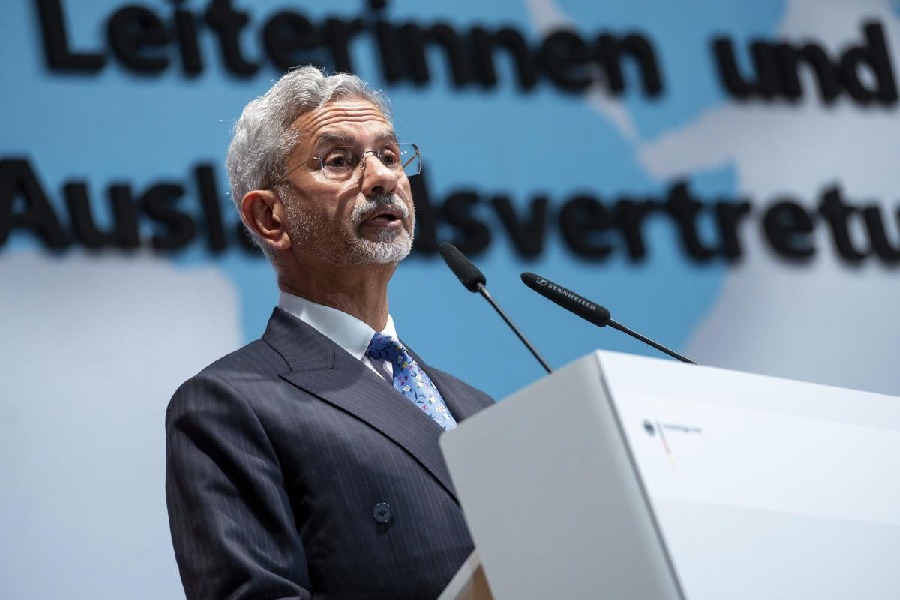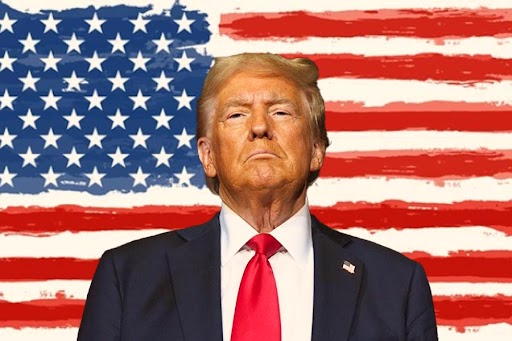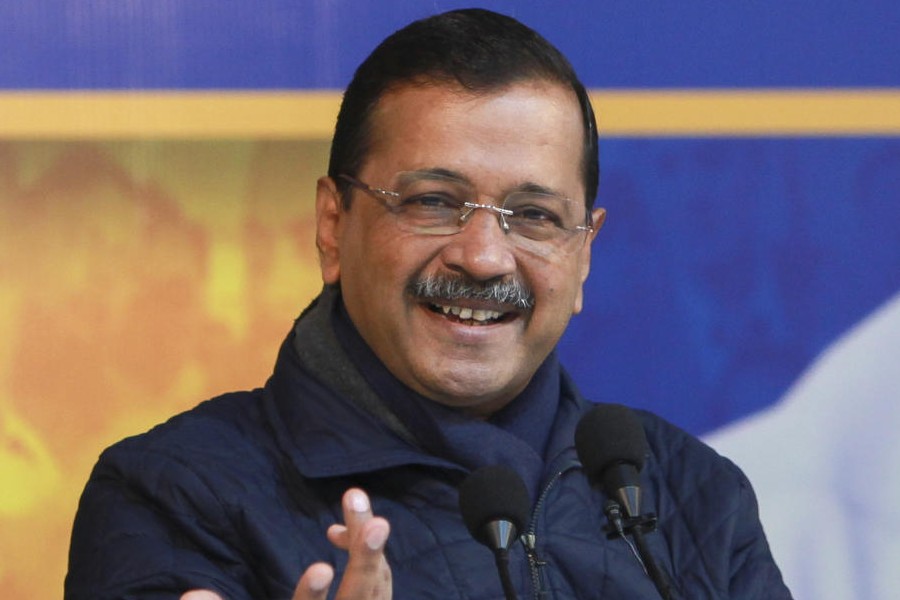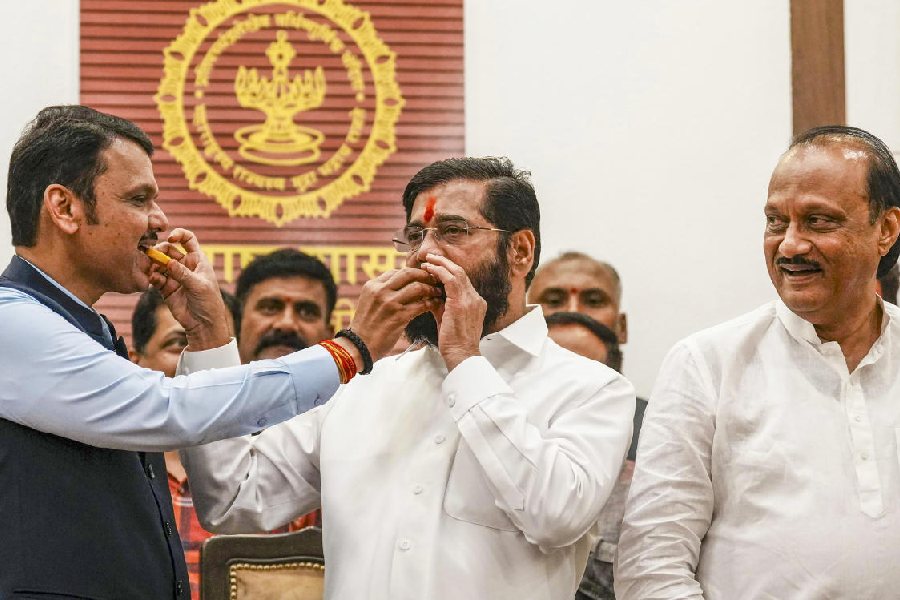A two-day conclave of the Shanghai Cooperation Organisation this week allowed India and Pakistan to demonstrate that they can coexist as mature members of a larger body but ended without any signs of a thaw either in their bilateral ties or in the tensions hobbling the grouping. India’s external affairs minister, S. Jaishankar, represented New Delhi at the summit of heads of government in Islamabad where premiers and prime ministers mostly fronted their countries. The SCO consists of China, Russia, India, Pakistan, Kazakhstan, Kyrgyzstan, Tajikistan, Uzbekistan, Iran and Belarus. Mr Jaishankar’s visit was the first by an Indian foreign minister to Pakistan since 2015, a near-decade-long gap that underscores the frigid relationship between the neighbours since then. India had made clear even before the summit that there would be no meaningful bilateral dialogue with Pakistan on the sidelines of the meet. Publicly at least, apart from short chats with the Pakistan prime minister, Shehbaz Sharif, and its foreign minister, Ishaq Dar, Mr Jaishankar is not known to have had any meaty conversation aimed at restarting talks between the South Asian neighbours. Still, the very fact that Mr Jaishankar visited Islamabad opens up a tiny window for India and Pakistan to explore mechanisms to engage with each other. Reports suggest that Mr Jaishankar and Mr Dar discussed cricket as a possible avenue for such an engagement.
But there were enough red flags on display alongside the banners of the participating nations at the SCO meet to highlight just how difficult it will be for India and Pakistan, and the group as a whole, to arrive at a consensus on major challenges. Mr Sharif used his address to the summit to seek the strengthening and the expansion of China’s Belt and Road Initiative, a mega connectivity project that aims to link Asia to Africa and Europe via highways, ports and rail lines. Mr Sharif’s pitch is a non-starter for the SCO as a bloc: India is opposed to the BRI, which already passes through Pakistan-occupied Kashmir. Mr Jaishankar gently chided Pakistan and China in comments about the need to respect the territorial integrity and the sovereignty of neighbours and highlighted the SCO charter’s commitment to fighting terrorism. In a region where bilateral tensions have crippled other groupings, such as the South Asian Association for Regional Cooperation, the SCO will need to tread carefully. If this week’s conclave is anything to go by, there is hope for the grouping: it might still escape SAARC’s fate.











